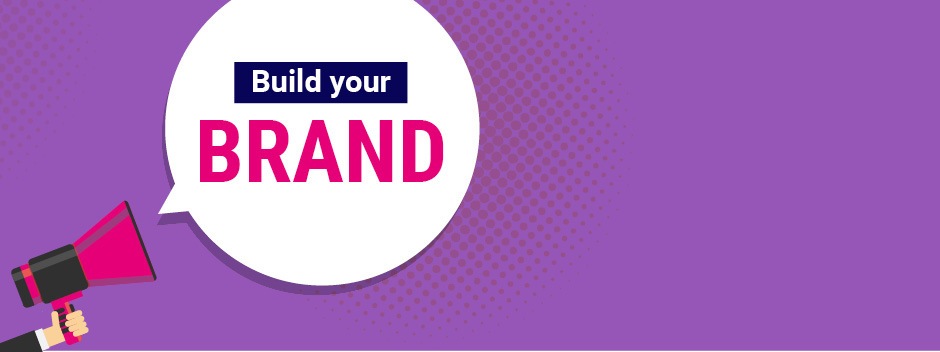Personal branding is deciding how you establish and market what you stand for. It’s the association people have with your name. And in the competitive recruitment industry, it can help you stay ahead of the pack. But how do you know what your personal brand should be, and how do you set about building it?
Why personal branding is key
A strong personal brand can automatically give you a competitive edge, according to Simon Yeung, General Manager of Talent International in Melbourne. Nicola Godfrey, a consultant at MARS Recruitment, agrees. “A well-built personal brand helps to boost your credibility based on experience, expertise, competencies, actions and achievements,” Godfrey says. When done well, a personal brand can essentially act as its own recruitment tool, she adds.
“A well-built personal brand helps to boost your credibility based on experience, expertise, competencies, actions and achievements,”
This might make it sound complex. But a personal brand needs to convey a clear message, Yeung says. “It should communicate who you are, what your values are and your why,” he explains.
Share and interact
Once you’ve defined this message, it’s important to share it through your interactions—both virtual and in real life. “Your brand follows you wherever you go, and in every interaction you have, that’s why you need to be cognisant of how you present yourself both online and offline,” Yeung says.
Boosting your brand online is essential. New clientele will research you and your agency before they approach you, so having a smart online presence gives them good material to consider while they’re deciding. This can be through social media activity (yours and your agency’s), and through content including articles and blog posts that will be useful to your clients.
Offline interactions shouldn’t be underestimated, though. Events can be one part of this—Talent hosts networking events aligned with the social issues it supports as another way to boost their brand and that of their recruiters.
Daily interactions with your clients and candidates also count. These could share highlights of major achievements, and market your expertise so you come across as genuine and approachable. “Always personalise your message, show empathy and be creative,” Godfrey says.
Stand out from the pack
A powerful personal brand should highlight what you do differently, or what you do best, Godfrey says. “Focus on a specific niche in which you are highly proficient and promote yourself as an expert in a particular field,” she says. Do this through providing relevant articles, leaving comments, speaking at events—engaging like this will showcase you as a specialist and afford you the credibility you need to succeed.
Yeung points out the software developer recruiters at Talent who are fluent in a host of programming languages, frameworks and technologies. “They express their knowledge in the content and comments they write online and the interactions they have with clients and candidates within the industry,” he explains.
Strike the right balance
Sometimes, too much is too much. If it’s not done well, personal branding can morph into self-promotion, and we all know this is rarely well received. Self-promoters are more often focused on telling their audience about themselves and how good they are, rather than focussing on what matters—providing their audience with useful information. Godfrey abides by the mantra: “speak to your audience, not at them.”
A recruiter who is genuinely committed to positive branding also knows it’s something built over time, Godfrey says. “It comes by understanding your strengths and weaknesses and knowing how you want to position yourself to your target market,” she explains.
Be yourself: a personal branding example
Curating a reputable personal brand takes time and perseverance, and Mark Nielson, APAC CEO at Talent is the perfect example of this. He masterfully combines his own beliefs and skills with Talent’s overall image. As an advocate for diversity and inclusivity in the workplace, he supports relevant initiatives and is open and authentic about who he is on a personal level and relates this to his work in the recruitment industry. Mark was a vocal supporter of the marriage equality campaign and has implemented several initiatives at Talent to support LGBTI people. He works with The Pinnacle Foundation to help LGBTI young adults and is actively involved in the 100% Human at Work movement. “All this demonstrates to our clients and team that we do more than state our values and our brand is not just words,” Yeung says. “We live them, and we practice what we preach.”

